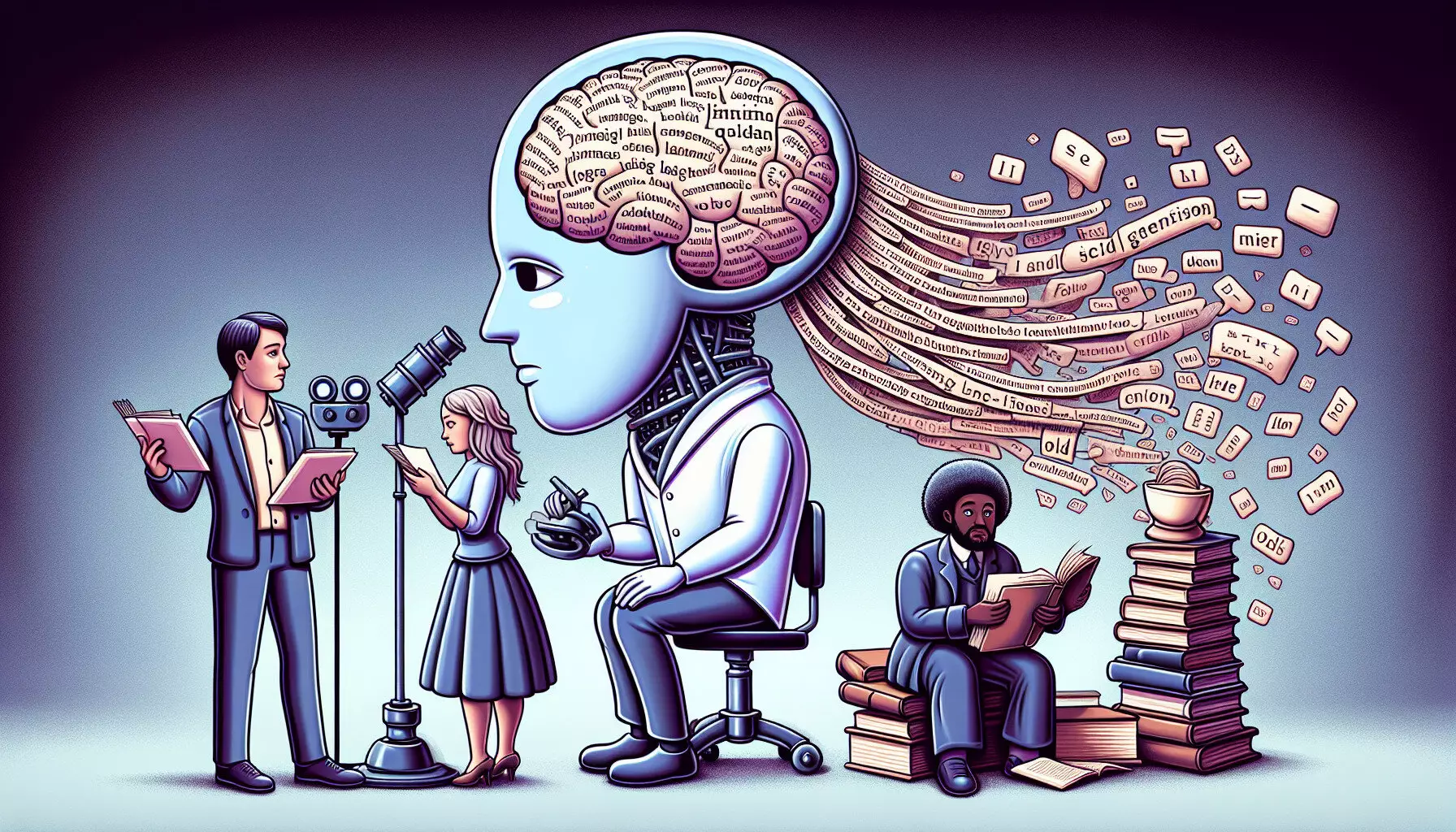Artificial Intelligence (AI) has become an integral part of our daily lives, with applications ranging from virtual assistants to predictive algorithms. However, a recent report led by researchers from UCL has shed light on a troubling trend – gender bias in AI tools. The study, commissioned and published by UNESCO, focused on examining stereotyping in Large Language Models (LLMs), which are the foundation of popular generative AI platforms such as GPT-3.5 and GPT-2.
The findings of the report revealed alarming evidence of bias against women in the content generated by these AI models. Female names were frequently associated with words like “family,” “children,” and “husband,” reinforcing traditional gender roles. In contrast, male names were linked to words such as “career,” “executives,” and “business,” highlighting a clear disparity in the representations of genders.
Not only did the study uncover gender-based stereotypes, but it also found evidence of bias depending on culture and sexuality. The AI-generated texts tended to assign high-status jobs to men while relegating women to roles that are traditionally undervalued or stigmatized. Stories about men were dominated by adventurous themes, whereas stories about women centered around domesticity and relationships. This perpetuates harmful stereotypes and hinders progress towards gender equality.
Dr. Maria Perez Ortiz, one of the authors of the report, called for an ethical overhaul in AI development to address the deeply ingrained biases in large language models. As a woman in tech, she emphasized the importance of AI systems that reflect the diversity of human experiences and uplift gender equality. The findings underscore the need for a more inclusive and ethical approach to AI technology development.
The UNESCO Chair in AI at UCL team, in collaboration with UNESCO, is working to raise awareness of this issue and develop solutions through joint workshops and events involving key stakeholders. Professor John Shawe-Taylor, the lead author of the report, reiterated the importance of a global effort to address AI-induced gender biases. By shedding light on existing inequalities, the study paves the way for international collaboration to create AI technologies that uphold human rights and gender equity.
The report presented by Professor Drobnjak, Professor Shawe-Taylor, and Dr. Daniel van Niekerk at UNESCO and the United Nations highlights the urgent need to address gender bias in AI tools. It is crucial to recognize that historical underrepresentation of women in certain fields does not reflect their capabilities. Moving forward, it is essential to strive for AI technologies that are inclusive, ethical, and promote gender equality.


Leave a Reply